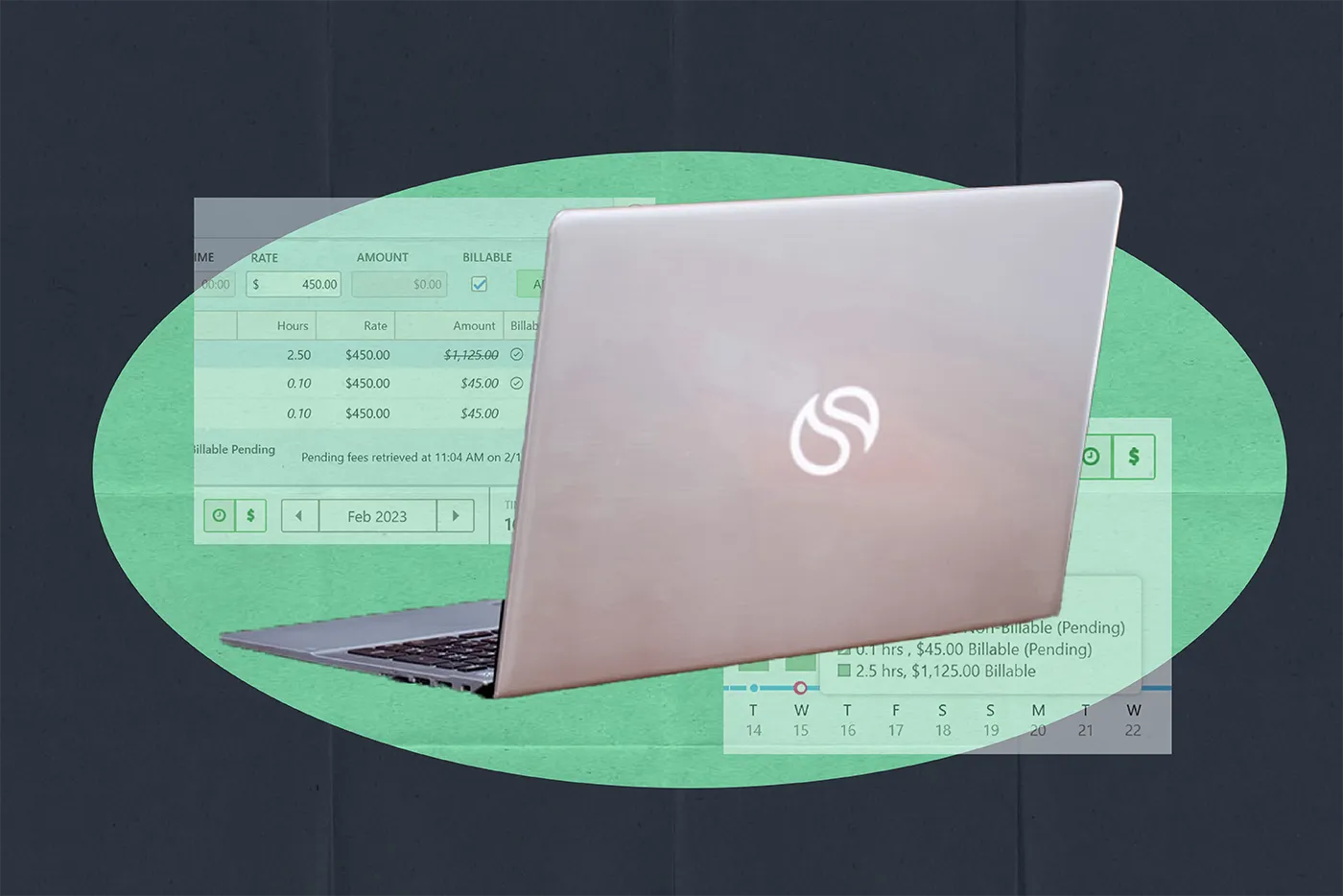How Attorneys Should Track Time and What To Do With It
Written by
|
April 14, 2020
Written by Smokeball
|
April 14, 2020

Written by Jordan Turk
|
April 14, 2020
Timekeeping is a dreaded task for many attorneys. It often feels tedious and mundane, and though necessary, many attorneys will do anything to avoid it. However, efficient time tracking tools can take some of the pain out of time tracking and help lawyers and firm staff analyze how they are spending their workdays. While many lawyers are moving away from hourly billing, and for good reason, accurately tracking time is still important for determining profitability, allocation of resources, and more. If you’re going to do it, you may as well make it as effective and worthwhile as possible. Here are a few tips that will help you optimize time tracking in your office.
Track time in real-time.
Keeping your timesheet open throughout the day allows you to quickly take a minute or two after each task and log your time. Not only will this save you time, but it is also more effective at analyzing how you spend your workday.
Analyze your timesheets.
After timesheets have been finalized, review and analyze the time that has been logged. Ask yourself questions regarding where your time is spent. Do meetings with x client really take 45 minutes? Does email correspondence actually need a two hour end-of-day time block?
Better plan for the days ahead.
Using your new knowledge of how your time is spent, look at your calendar and make changes to optimize your productivity.
Ultimately, optimizing your time leads to more profitability for your firm. Time tracking software can make timekeeping that much easier. Think about purchasing software that not only tracks, but also analyzes, employees’ timesheets.
If you’re ready to upgrade the technology at your small firm, take a virtual tour of Smokeball!
Photo Credit: JESHOOTS via Pixabay Creative commons
Learn more about Smokeball document management for law firms:
Book Your Free Demo
Ready to see how Smokeball client intake software helps you Run Your Best Firm? Schedule your free demo!












